

2019-01-29 10:33:00 Tue ET
technology antitrust competition bilateral trade free trade fair trade trade agreement trade surplus trade deficit multilateralism neoliberalism world trade organization regulation public utility current account compliance
Global trade transforms from labor cost arbitrage to high-skill knowledge work. In fact, multinational manufacturers have been trying to create global supply chains that source goods wherever costs and wages are lowest in exchange for product sales wherever aggregate consumer demand is greatest. This macro trend drives global economic growth, helps alleviate poverty outside the OECD trade bloc, and contributes to the recent rise of China. This trend also helps fuel a political backlash in America.
A recent McKinsey study finds that the share of cross-border tradable goods has fallen sharply from 28% to 22% in the past decade. This reversal of fortune partly reflects the political backlash against trade in America. The same trend also shows a key increase in consumer demand in China and several other Asian economies. These countries now buy more of their own goods and also experience substantive improvements in domestic supply chains. Tradable goods decrease as a share of global economic output, whereas, services soar to account for almost a quarter of productivity gains. International trade transforms from labor-cost arbitrage to high-skill knowledge work in R&D innovation and intellectual property protection. This transformation takes place in specialty industries such as information technology, pharma biotech, e-commerce, and social media.
If any of our AYA Analytica financial health memos (FHM), blog posts, ebooks, newsletters, and notifications etc, or any other form of online content curation, involves potential copyright concerns, please feel free to contact us at service@ayafintech.network so that we can remove relevant content in response to any such request within a reasonable time frame.
2018-03-13 07:34:00 Tuesday ET
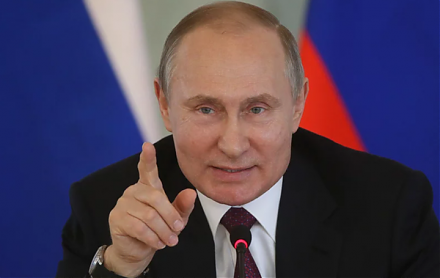
From crony capitalism to state capitalism, what economic policy lessons can we learn from President Putin's current reign in Russia? In the 15 years of
2018-12-18 10:38:00 Tuesday ET
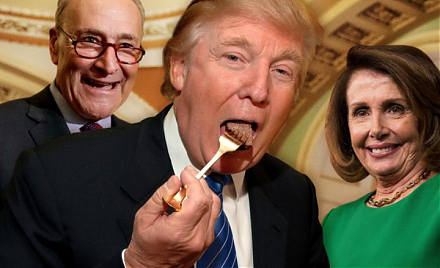
President Trump threatens to shut down the U.S. government in 2019 if Democrats refuse to help approve $5 billion public finance for the southern border wal
2020-11-17 08:27:00 Tuesday ET

Management consultants can build sustainable trust-driven client relations through the accelerant curve of business value creation. Alan Weiss (2016)
2024-05-27 03:23:34 Monday ET
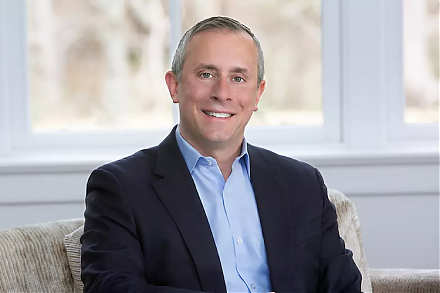
Stock Synopsis: Life insurers emphasize profit margins over sales growth rates. We review and analyze the recent market share data in the U.S. life insur
2018-04-20 10:38:00 Friday ET
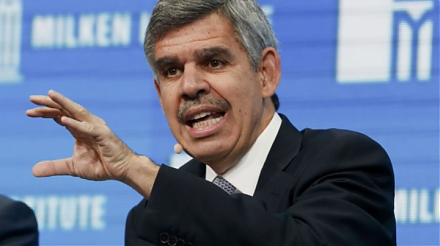
Allianz chairman Mohamed El-Erian bolsters a new American economic paradigm in lieu of the Washington consensus. The latter dominates the old school of thou
2025-09-18 08:03:32 Thursday ET
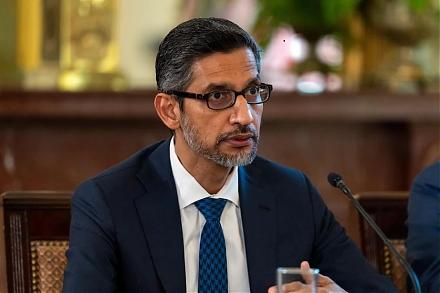
Stock Synopsis: With a new Python program, we use, adapt, apply, and leverage each of the mainstream Gemini Gen AI models to conduct this comprehensive fund